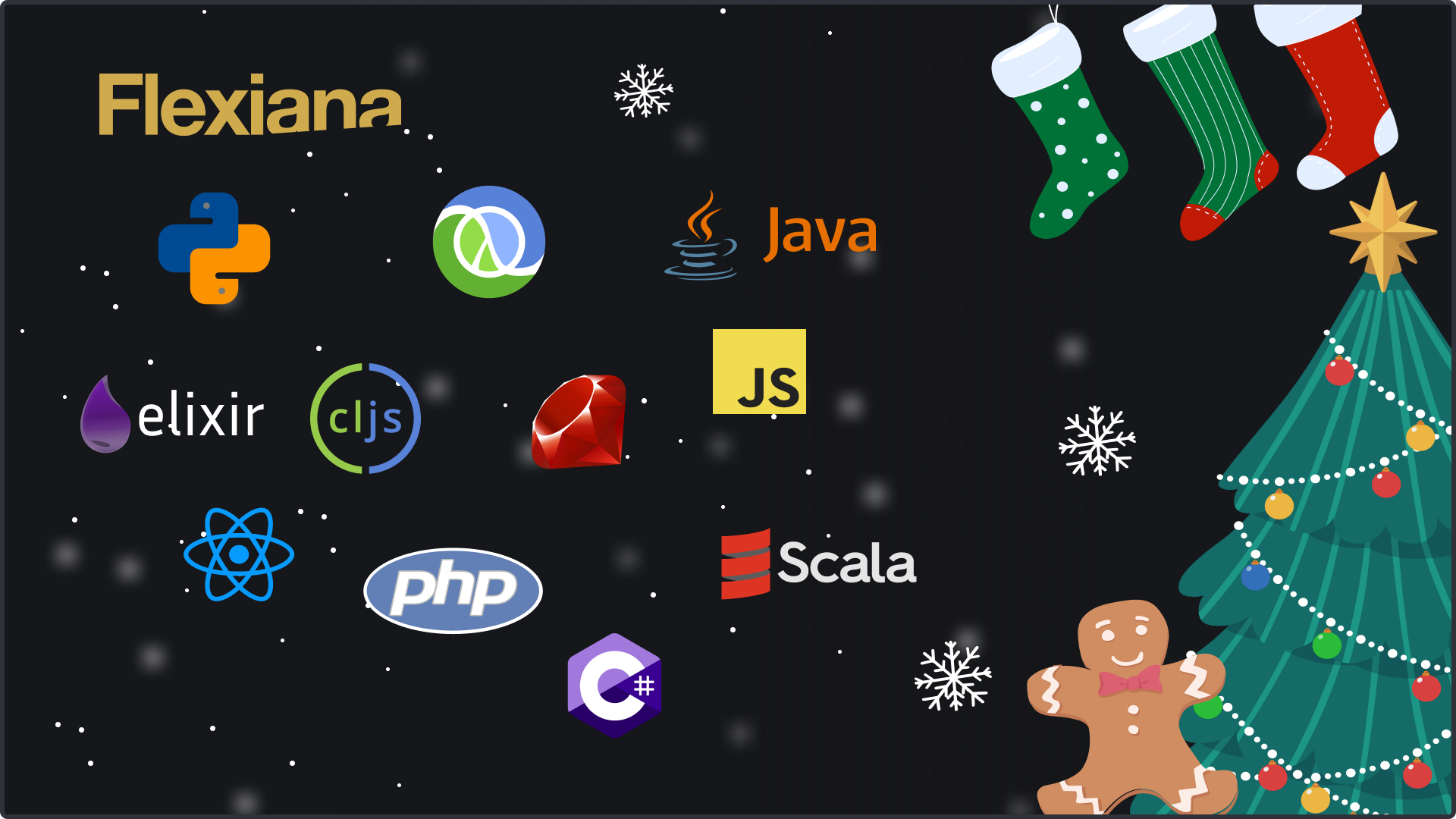If you’re thinking about working with external developers or companies, understanding code ownership and intellectual property (IP) rights is important. No matter if you’re running a startup, a midsize firm, or a large enterprise, getting these concepts right can make or break your project. Let’s simplify this with clear terms and examples.
What is Code Ownership?
Code ownership refers to who has legal rights over the software code that is created. If you’re outsourcing development, you need to clarify who owns the code once it’s developed. Here are the main types of ownership:
- Client Ownership: In many cases, when you hire an external development team, you might negotiate to have full ownership of the code. This means that once the project is complete, you have all the rights to use, modify, and distribute the code as you see fit.
- Vendor Ownership: Sometimes, the development company retains ownership of the code. This might happen if you’re using a platform or service with shared components. In such cases, you get a license to use the code but don’t own it outright.
- Shared Ownership: Occasionally, the code might be co-owned, meaning both you and the developer have certain rights. This is less common but can be arranged in specific agreements.
What Are Intellectual Property (IP) Rights?
Intellectual Property (IP) rights protect creations of the mind, such as software, designs, and inventions. For software, these rights are important because they determine who can use and benefit from the software. There are several types of IP rights you should be aware of:
Copyright: This automatically applies to original works of authorship. For software, it means the creator has the right to control how the code is used, modified, and distributed.
Patents: If your software includes a novel and non-obvious technological innovation, it might be patentable. This gives you exclusive rights to the technology for a period of time.
Trademarks: These protect names, logos, and symbols that distinguish your software or company from others.
Trade Secrets: If your software includes unique algorithms or methods, you might want to protect these as trade secrets, keeping them confidential.
Examples to Illustrate
Let’s look at a few scenarios to make this clearer:
Startup Scenario:
Imagine a startup hires an external developer to create a custom app. The startup and the developer agree that once the app is finished, the startup will own all rights to the code. This agreement ensures that the startup can freely use and modify the app without worrying about legal issues later on.
Midsize Company Scenario:
A midsize company contracts a development firm to build a new feature for their existing platform. The development firm uses some of its own pre-existing code and libraries. The contract specifies that the company will own the new code but will need a license to use the existing code. This allows the company to integrate the new feature while respecting the firm’s IP rights on the pre-existing code.
Large Enterprise Scenario:
A large enterprise engages in a joint development project with an external partner. They agree on shared ownership of the new software, meaning both parties have rights to use and modify the software. The agreement also includes terms on how IP rights will be managed if either party wants to license or sell the software.
Why It Matters
Understanding and clearly defining code ownership and IP rights in your contracts with external developers helps prevent disputes and ensures that both parties are on the same page. It protects your investments and innovations while respecting the contributions of the developers you work with.
When working with external software development services, make sure to:
- Clearly Define Ownership: Specify in your contract who owns the code and any related IP rights.
- Negotiate Licenses: If you’re using pre-existing components, understand and agree on how you can use them.
- Consult Legal Experts: IP law can be complex, so consider getting legal advice to ensure your agreements are solid.
By understanding these concepts, you can safeguard your software projects and build successful partnerships with external developers.
If you’re looking for an external agency and need some tips on choosing the best one, visit pickagency.info to get expert advice.









